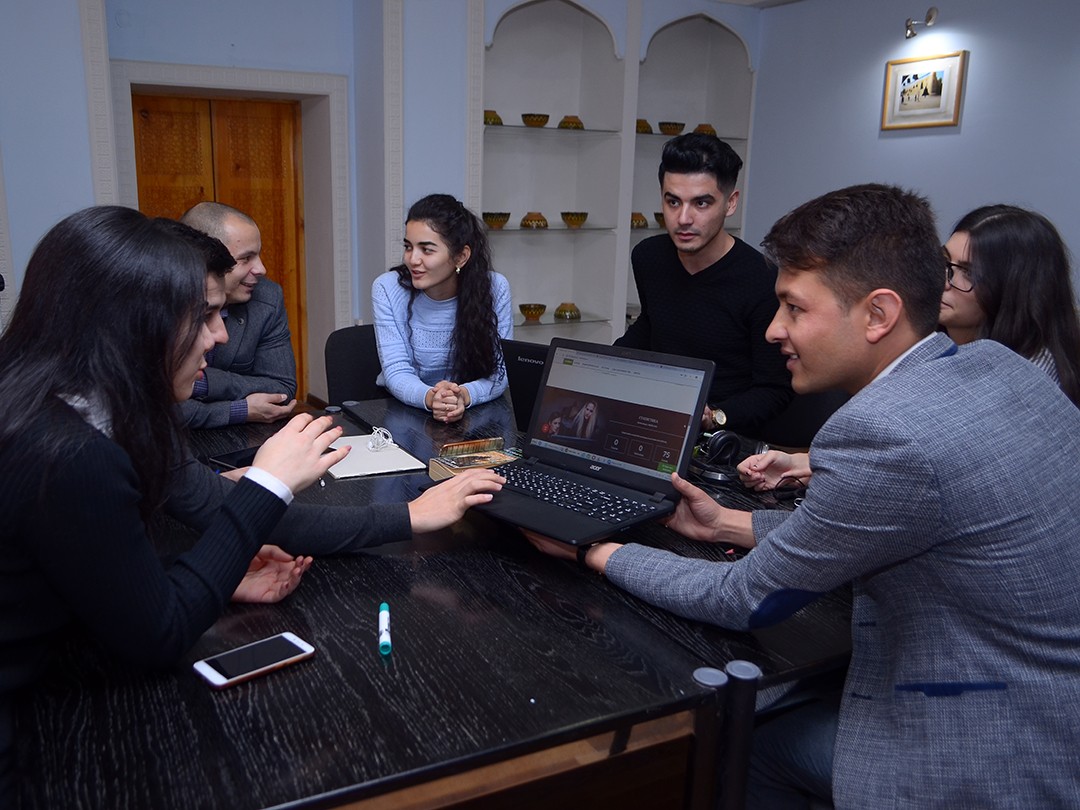
The story of how two philologists created an online educational platform and went into profit!
In order to implement the 3rd initiative of the President, on June 18, 2020, a new IT Center opened in Bukhara. The center is designed to train the people in IT specialties and effectively use computer technologies and the Internet.
During the opening ceremony, we were able to talk with a young and talented specialist from Bukhara, Mironshokh Mustafayev, who told his story about how he ended up in IT.
Mironshok Mustafayev is 24 years old and a graduate of English Philology faculty of Bukhara State University. He is also a co-founder of a project called "WebClass" (online training) and one of the startuper of the second wave of IT Park incubation and acceleration programs.
- How did you come up with the idea to create a platform in the field of education?
-My colleague Sardor and I studied at the faculty of English Philology and were considered future teachers of English. We noticed that we had a lot of friends from foreign language departments who worked as tutors. Therefore, my colleague thought about creating a platform for online learning, where tutors can teach everyone online and adjust to their schedules. However, initially I was against it, because at that time the Internet in Uzbekistan was quite slow and expensive. But gradually the Internet began to get better, and prices fell.
For the first time, we launched the project in Bukhara. We started teaching on IMO, because Zoom was not so popular yet, and Skype was only used by those who had a computer. We taught for a very low price, almost for free. We just wanted to see how it works in general. After about 4-5 months, people began to respond and show their interest. But it was difficult for us to find investors who understood the essence of online education, because at that time no one thought that a pandemic would soon begin and everything would go online.
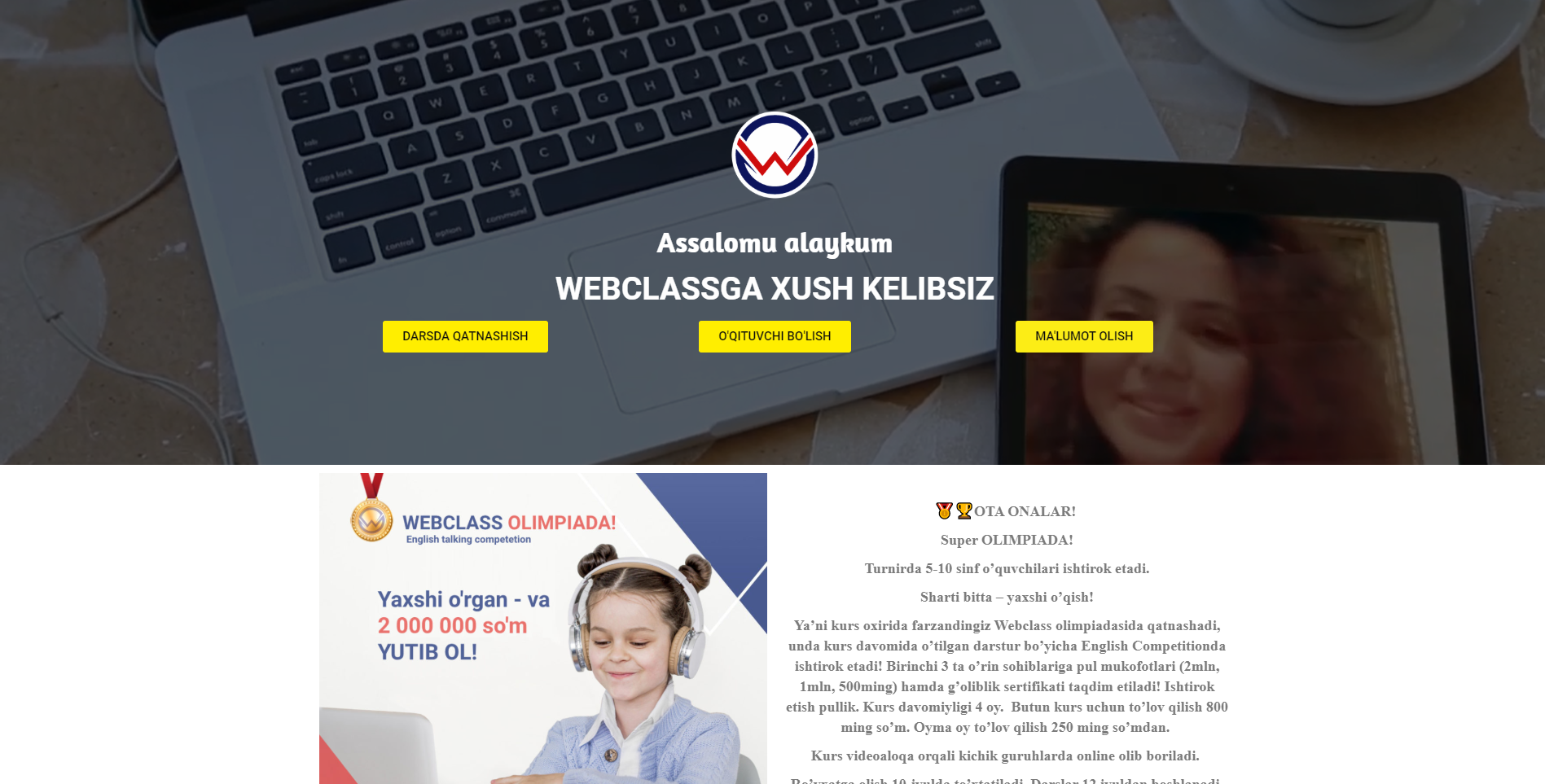
- How did you launch your project?
- The idea itself was born in 2018, and in January 2019, we started forming it, following February, we created our website. Initially, we just gathered our friends, hired an operator and started a business. In the beginning, we had almost no employees. We were all just students, and we were able to create a full-fledged platform after 6 months of existence. But even our current platform is not 100% complete, because we still have unrealized ideas that need to be refined. In addition, the platform is still not working in the TAS-ix zone.
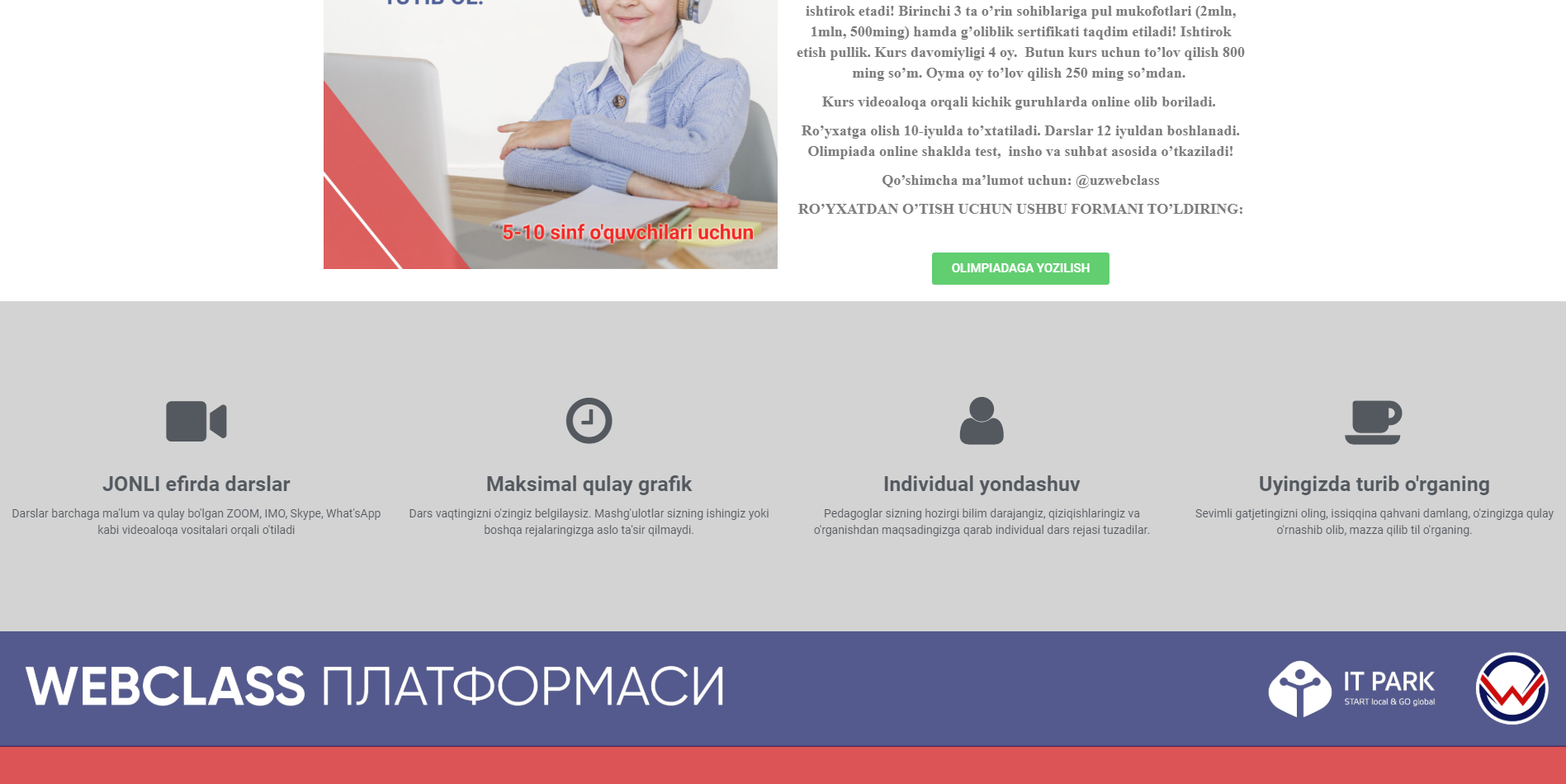
- How many people were initially on the team to launch the project?
- At that time, not everyone understood what a startup was, but everyone was curious, so many people became interested in our project. At first, we had 10-15 people in our team, including musicians, photographers, and philologists, all of them were students. However, we all graduated from University and went our separate ways.
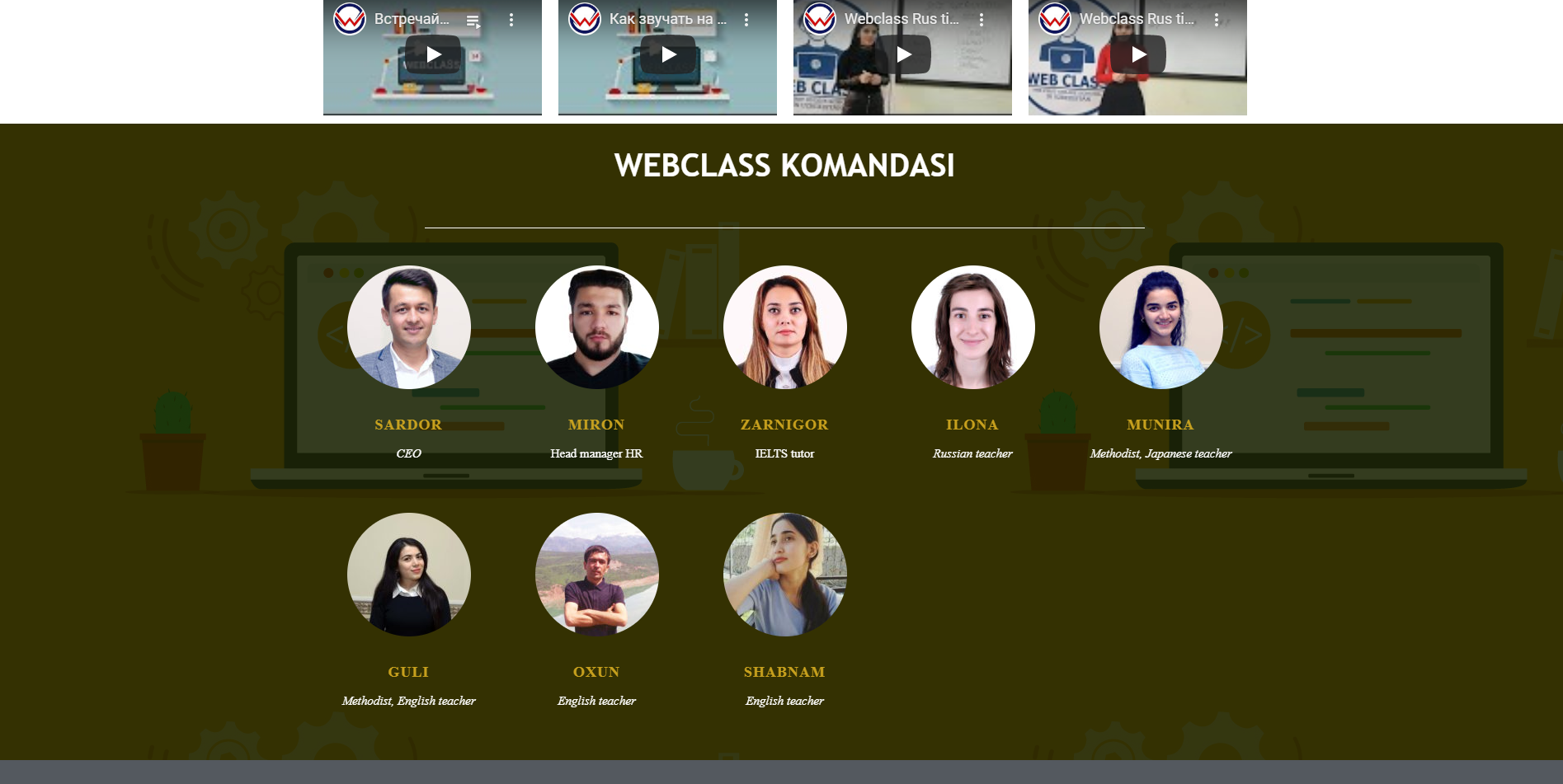
- What problems have you encountered?
- Our main problem was searching for investors. It was very difficult to contact the investors and prove to them that the project would work. However, after the pandemic started, investors started calling us and asking how we were doing.
Also, at the initial stage, no one believed us; we had low prices, and no one saw the prospects for this project, including me. We had a very difficult time, when we all almost lost hope and did not give up. There was a time when my colleague Sardor and I were completely alone: we had to be operators, teachers, and conduct introductory lessons ourselves. I just tried to support this project, because I couldn't leave Sardor alone, but now after 6-7 months, we finally have income.
- How two linguists were able to create a platform?
- At that time, I wasn't even interested in IT and didn't know how to create websites. Sardor had a database; he could edit videos, create videos, and knew how to write websites and programs. He created our first prototype of the site himself, because we didn't have the funds to pay the developers. He used Wordpress templates and did everything alone.
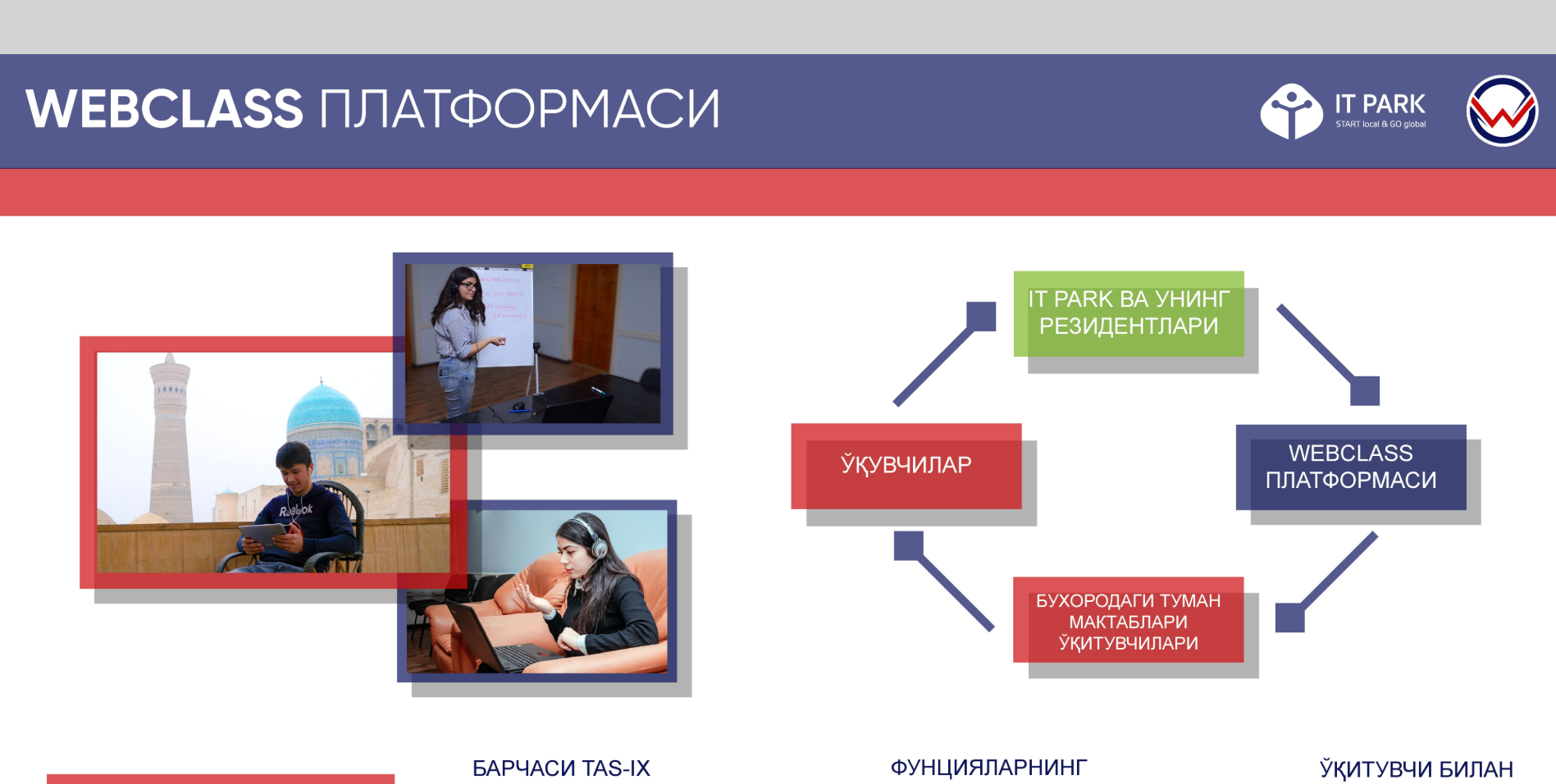
- Who were your first clients?
- Our first clients were the Uzbek Diaspora abroad. There are people who have won Greencard, live in America, but do not know English. For Uzbek people in Russia, Korea, Germany and other countries, our prices are considered very low and in addition, our teachers always adjust to their schedules. Therefore, our clients can set their own training schedule and decide when and how often they will study. Whether it's late at night or early in the morning, our teachers will teach them a lesson.
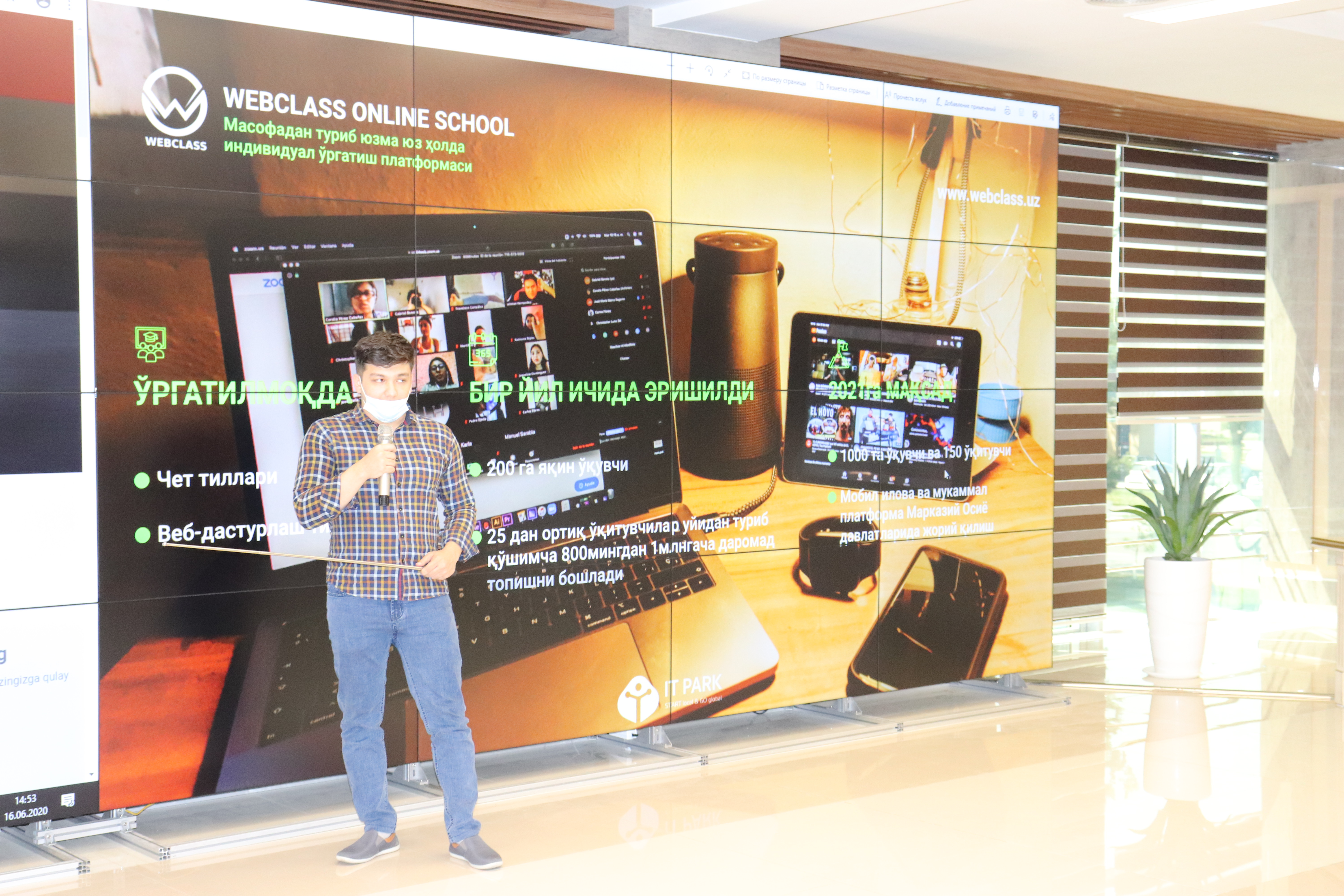
- At what stage is the project "Webclass?
- To date, we have trained more than 200 students, 25 teachers work, and right now 60 students are being trained. I think our business is going to be successful now, I did not expect such income. During the pandemic, people started to take a great interest in WebClass, because we always focus on quality. I taught myself, so I choose each teacher personally. There can be no questions about the quality of lessons. Thanks to this, we started word of mouth marketing and many students in Korea, America and other countries began to recommend our courses to others. Now "WebClass" is running successfully, and we can expand, and we are also refining our platform.
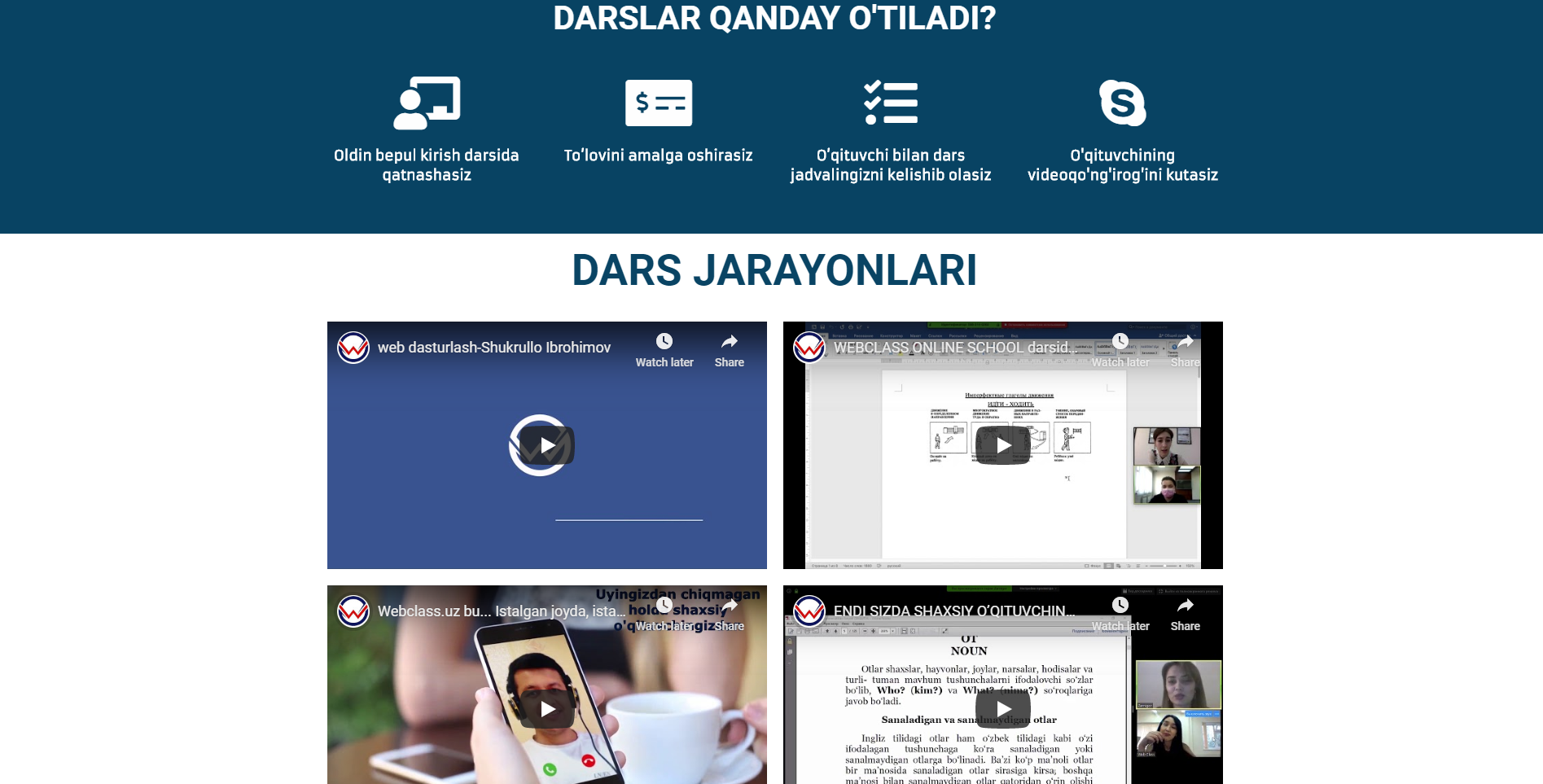
- Do you have an investor or does the project live off orders?
- Today we are negotiating with investors who once refused us, but then realized how promising it is. IT Park also provides a lot of help, they are looking for good investors for us. WebClass will also be part of the ‘OneMillionUzbekCoders’ project in training computer science for teachers of Bukhara.
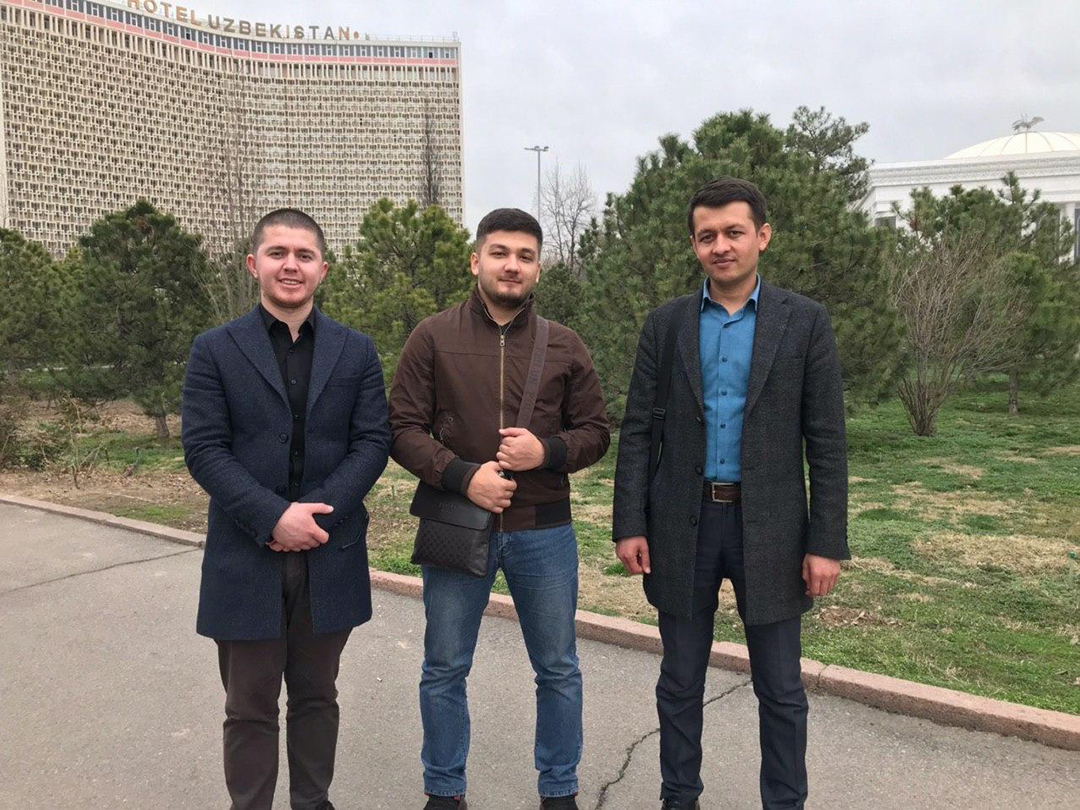
- You started your project in Bukhara, and today can it be considered a Republican project?
- I think it can already be count as global. In Bukhara, we started this project from scratch, without anything. Even our teachers paid for the Internet themselves. In October, we had teachers from Tashkent, as well as from Samarkand, Namangan, and even from Korea. We focus on teachers and want them to earn money as freelancers. Due to the fact that teachers do not have the highest salaries, this profession is not so popular. But we create an opportunity for them to earn money as freelancers and teach to the whole world, for example, our teacher Jahangir teaches German to children from Russia. There is also a Korean language teacher who teaches a student from Kyrgyzstan.
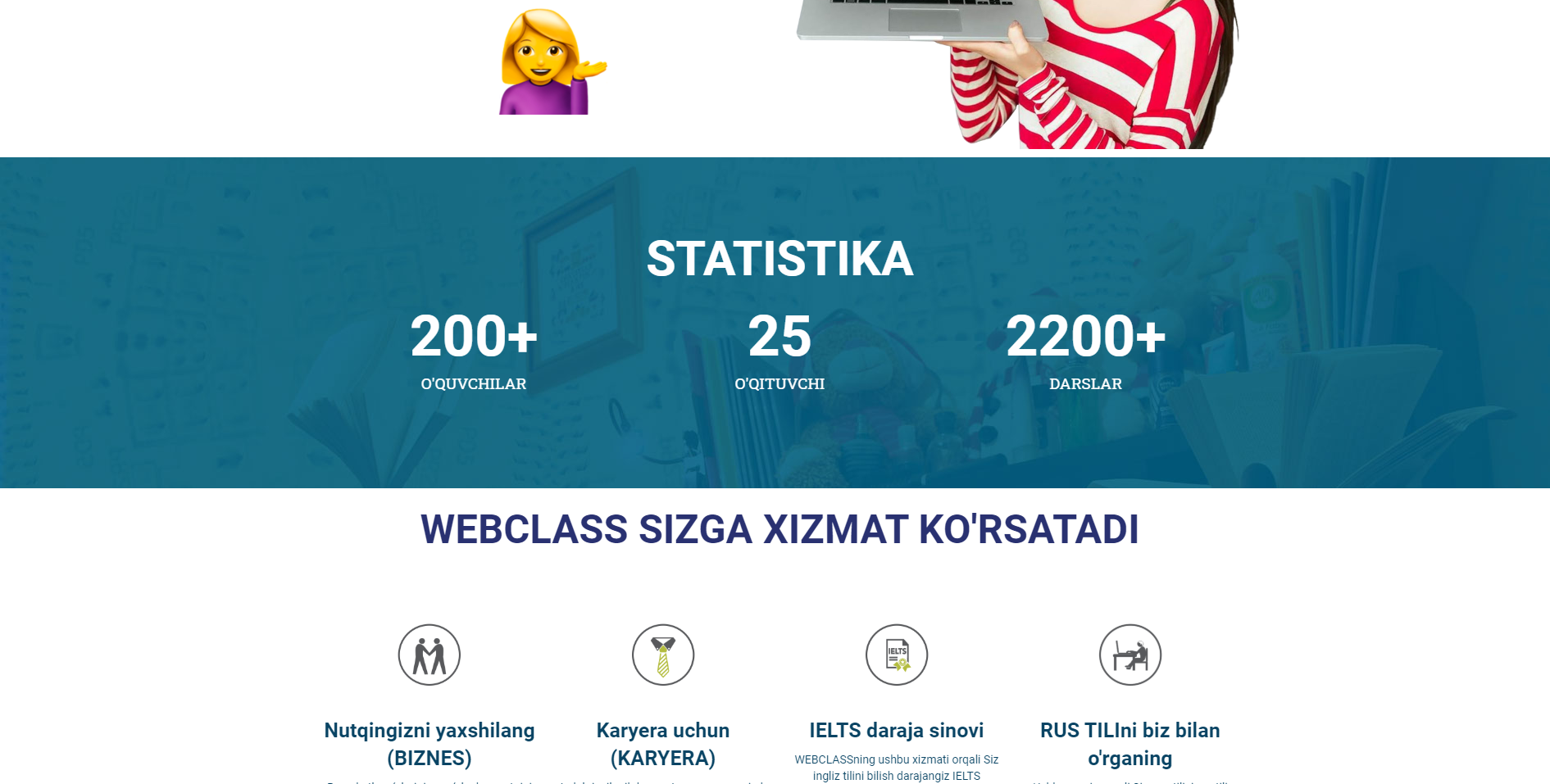
- What are your plans for the future?
- From the very beginning, we wanted to create an analog of ‘Skyeng’, and also enter the markets of Central Asia, Russia and other countries. Our state has already taken the first steps to implement our goal: online lessons are being shown on TV, and online educational platforms are being created. And we have started to cover not only neighboring markets, but also foreign ones. Additionally, we want to create a high-quality analog video stream in the tas-ix zone, so that our students spend less money on the Internet.
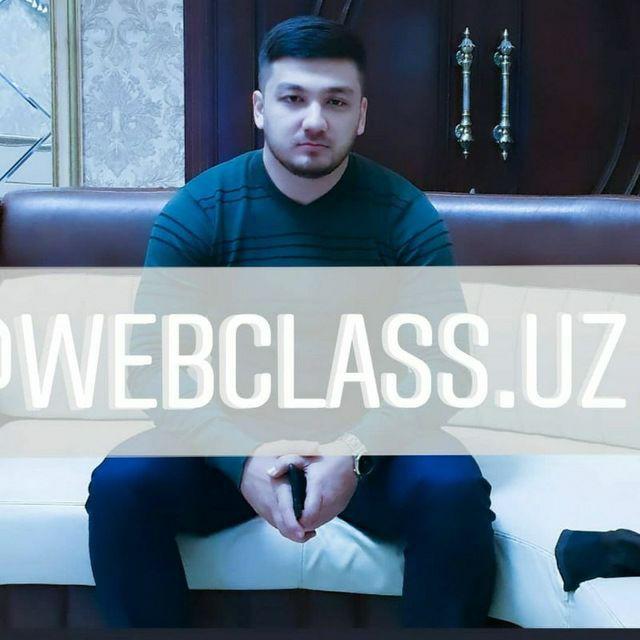
2020-07-04
_1593855872.JPG)